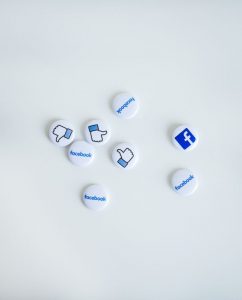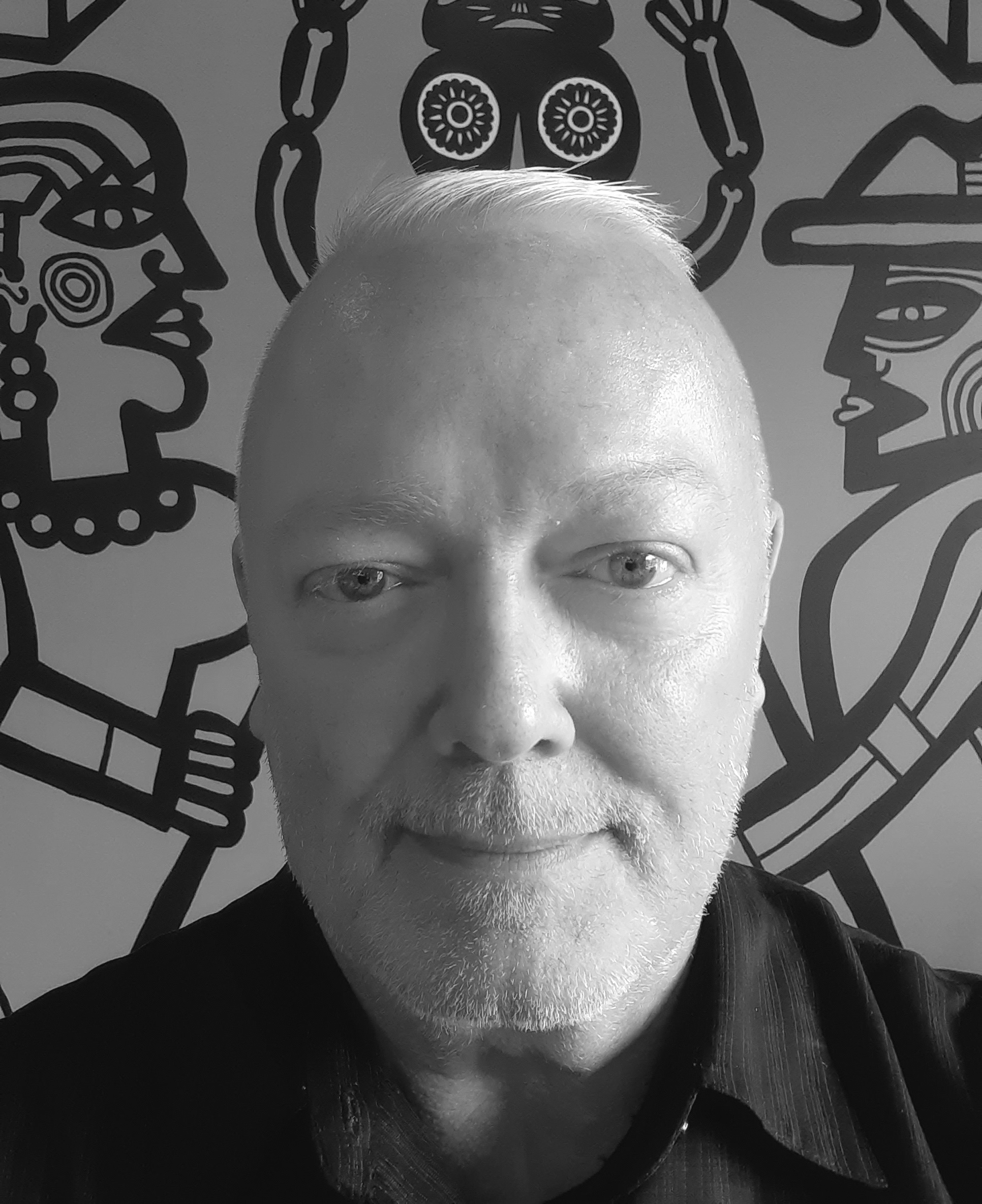Does Social Media Influence Alcohol Use?
Are you on social media? Many of us are. Whether it’s Instagram, Facebook, Twitter, Pinterest, YouTube, Snapchat, or other channels, the world is in love with social media—and for good reasons. There are many pluses to being socially connected. Whether keeping up with friends or family, or announcing significant life events, social media makes it convenient, and fun.
But is there a relationship between social media and misuse of alcohol? In this article we’ll explore some of those connections. We’ll also look at how—if you are on social media—you can control your use of it (and by extension, your use of alcohol).
Social Media Isn’t Going Anywhere Soon

It’s clear that social media has become embedded in popular culture. According to statista.com, Facebook remains the most popular social media site, with over 2.8 billion users as of February 2021.
YouTube, owned by Google, is close behind with 2.2 billion users every month, followed by WhatsApp with 2 billion. Instagram, owned by Facebook, ranks lower, with slightly over 1 billion users. Pinterest, Snapchat, and Twitter boast a little more than 300 million users each.
TikTok, the relatively young upstart, has zoomed into view with almost 700 million users. (We note the controversy about downloading the platform’s software.) In any case, it is clear that social media platforms are here to stay.
How Social Media Can Increase Alcohol Consumption
We all like to listen to our friends—to our peers—for guidance. But does being on social media increase the likelihood of over-drinking? The short answer is yes. Social media can combine exposure to alcohol-related content with peer interactivity. This can result in a potentially more powerful influence on drinking behavior.
In a 2014 study the authors note that social media involvement has “skyrocketed in recent years,” particularly among young adults. They note that social media can result in overexposure to alcohol messaging. As the authors write, “Such online displays of alcohol behavior have been correlated with offline alcohol behavior and risky drinking.”
Another study focused specifically on Facebook and Instagram posts. Researchers found that young people often post photographs holding drinks. Further, people’s friends are more likely to post photos of alcohol (rather than by people themselves).
Seeing others engaging in increased alcohol use can encourage over-drinking. Tacit approval is seductive.
What Is the Potential Problem?
Information spreads rapidly on social media. If someone is talking about “how much I drank last night,” that information gets transmitted across the globe at lightning speed. A tweet can go viral within hours. Posts on Facebook can reach hundreds of thousands of people.

At the University of Michigan, researchers found that looking at photos of alcohol can encourage the desire to drink. “When participants in a study were exposed to ads touting beer, as opposed to those selling bottled water, they were more inclined to consider drinking alcohol.” Further, perhaps a post will brag about alcohol consumption and the ability to hold one’s liquor. The reality is that many people cannot drink without consequences. Peer support may tempt some to believe otherwise.
Alcohol Advertising Online Vs. Print Media and Television
We all know that some alcohol manufacturers use social media to encourage people to buy their products. As we’ve noted elsewhere, there may be nothing wrong with a drink or two. But seeing some companies’ posts may encourage over-drinking.
Alcohol advertising in magazines and on television has been regulated for decades. Health risks and moderation advice now go hand-in-hand with information on the products themselves. But advertising the same products in the digital world is less regulated. And since some people forego traditional media, they can be exposed to alcohol advertising more frequently.
As an aside, Twitter has already added a question that appears when people retweet an article, asking if they want to read it first. This is a small guardrail, designed to make tweeters aware of the content they are sharing. (It also helps limit automated tweets from non-human sources.)
How to Limit Social Media Consumption
If you’re on social media more than you’d like, we can help you moderate your consumption of that, too. (Just like use of alcohol.) There’s nothing wrong with being on social channels. They’re fun, and can be a component of a healthy life. But if you’re spending most of the day on social media, perhaps it’s good to take a look at your habits and patterns.

Apple includes an app called Screen Time, already built into the device. Android uses a similar program called Digital Wellbeing. Other apps include Moment, Social Fever, Freedom, Space, AppDetox, Off the Grid, and AntiSocial. All of these are designed to help users be more mindful of how much time they spend online.
For some people, limiting social media time is as easy as removing the platforms from one’s phone. Having Facebook or Instagram on a laptop only can reduce the temptation to reach for a phone for a quick social media peek.
Ria Health and Social Media
At Ria, we help our members take a look at patterns and activities that may trigger excess drinking. And if social media is dominating your daily life, perhaps a reality-check is in order. It may be time to evaluate how much time you’re spending, looking at all those photos of friends hoisting a few beers. Just like practicing mindfulness—being aware of when and how you drink—keeping track of your social media habits can be useful.
Get in touch with us, and we’ll help you take a look at how much alcohol you’re drinking. And maybe you’d like to take a few minutes away from social media—you know, to call your mother.
Bruce Hodges is a writer and consultant to Ria Health. On Wednesday, March 24, at 4:00 pm (EDT), he will talk about medication, moderation, harm reduction, and the challenges of communicating alternative methods to reduce alcohol. You can view the conversation here, hosted on Twitch.
Will insurance cover treatment? Verify Coverage
Have Questions? Call (800) 504-5360



